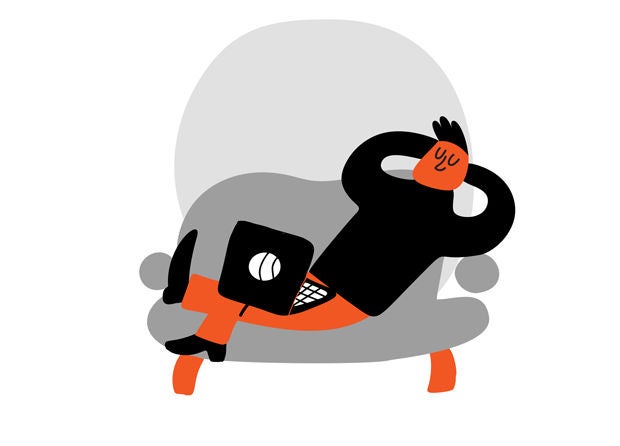
We are all guilty of procrastinating sometimes.
As we prepare to welcome a new year, Human Factors guru Dr Yin Shanqing helps
us to understand why we procrastinate, how it is sometimes beneficial, and how
we can manage it for a productive 365 days ahead.
Like an all-you-can-eat mala buffet, procrastination is also a guilty pleasure that we choose to indulge in, despite knowing the discomfort, panic and regret that would inevitably come later. Most definitions of procrastination carry a negative connotation, and bosses rarely praise anyone for procrastinating at work. But what if I tell you that procrastination can be beneficial for your work performance?
Understanding procrastination
Procrastination is the act of delaying working on a task for no good reason, choosing instead to redirect our time and attention onto something else. While the usual suspects that facilitate procrastination tend to be social media, we can also procrastinate by deviating towards chores or emails. We procrastinate against effortful assignments because it is one of our natural responses towards stressors (something that causes stress). These tasks trigger negative feelings like annoyance, anxiety, resentment and dread, which then manifest into audible groans that cut across cubicles. It is at this moment that we instinctively gravitate towards doing something less stressful or outright enjoyable.
This is also why procrastination feels so good. Avoiding challenging work naturally reduces our stress levels. Through random acts of instant gratification, we get a dopamine hit as our brain tells us that this is good and, hence, to keep doing it. What started as a distracting thought of tidying a messy desk can soon become hours squandered on cleaning the entire house, while the LighterNotes article remains unwritten, its deadline looming.
Strategic procrastination
Therein lies the treasure in the rough. Microbreaks between 20 to 90 minutes of focused work have proven to be beneficial for productivity. Taking short breaks allows the mind to slow down and wander, while at the same time creating opportunities to foster creativity. We might find unexpected connections and fresh ideas as we engage in activities commonly associated with procrastination. Even a short, good quality nap at work, an act that some old-school supervisors frown upon, has been scientifically proven to reduce fatigue and increase attention levels.
Oh, and did I mention the mood-boosting dopamine hit that comes with brief procrastination?
Who is in control - you or procrastination?
Not procrastinating is unfortunately easier said than done, and regressing into mindless TikTok scrolling is just one carefree swipe away. If dopamine-inducing behaviours are so easy to control, we would not have to deal with social media addictions, among many others. You need a strong will to seize and desist as you restart your productivity momentum, followed by the resolve to toil until your task is done.
Be intentional with, or at least stay aware of, what you choose to do during your break. Stick with one episode of Bluey (which lasts seven minutes) instead of Loki, the latter filled with cliffhangers.
It is unlikely that any procrastination reduction strategy would be instantly effective, if at all. Ideally you should not procrastinate if you do not have to, and there is plenty of self-help advice online for you to try. Yet you would still procrastinate as you face new challenges from time to time, and when you do, just be cognizant and in control so that you procrastinate in moderation.
(Incidentally, the word "resolve" was inspired by the anime I ended up watching as I "took a break" from writing.)













 Get it on Google Play
Get it on Google Play